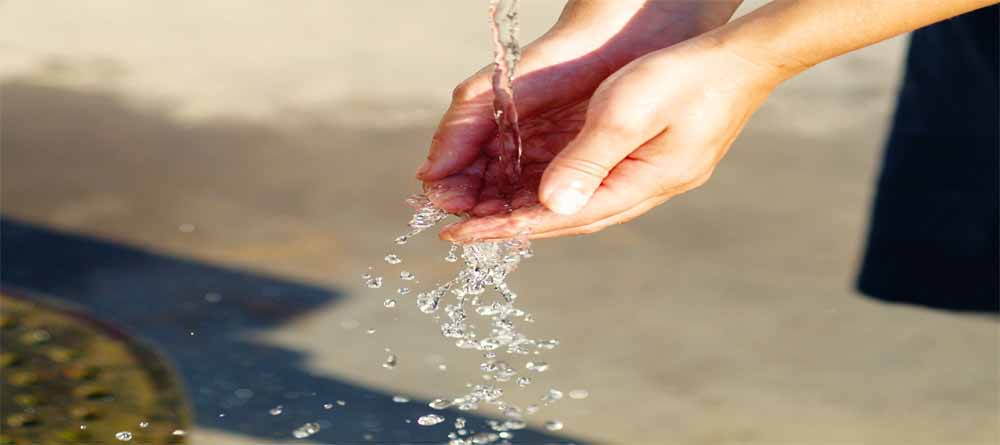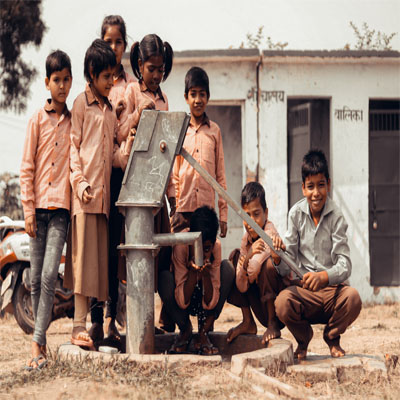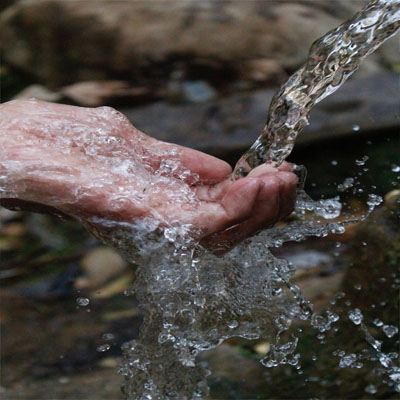Greywater Recycle and Reuse as Service Water.

Greywater recycling is an opportunity of a lifetime to hasten a Circular Water Economy and help mitigate the global water crisis

COMING SOON


Overview
Projections suggest that by 2050, global demand for water will increase by 20 to 30 percent (WWAP 2019) unless consumption patterns shift dramatically. By then, more than half the world’s population will be at risk of water stress. Intense water scarcity could displace as many as 700 million people by 2030 (HLPW 2018)
According to a recent study by NITI Aayog, over 600 million Indians face acute water shortages. In 2019, only 3.29 crore out of 19 crore rural households had access to tap water, and women walked long distances to get water. Access to sufficient clean drinking water is still a significant issue in many parts of the country, and adoption of effective solutions at scale has not happened due to multiple factors (especially in rural areas). The situation has improved dramatically since 2019 due to the governments work in ‘mission mode’ on access to drinking water for all. But a lot still needs to be done.
There is no single fixed optimal solution for all greywater treatment scenarios as the solution is influenced by composition of influent greywater, intended use, volume of greywater to be recycled per day and existing plumbing system. The only constant is that we use only nature-based filters to recycle greywater thereby contributing to a sustainable world.
There is no magic-wand to tide over the global water crisis. But one widely researched albeit highly under-utilised solution is Recycling greywater and using it as service water. Reusing greywater will relieve stress on existing water resources by at least 25 to 30% and defer high value capital investments in new water resources thereby awarding huge savings. Also, more freshwater will then be freed up for use as drinking water.
Greywater recycling is a 3-step process (1) Greywater Collection (2) pre-filtration (3) filtration through layers of filters. After the recycled greywater passes minimum standards for discharge & reuse (BOD/COD/TDS and other parameters), it can be used for non-potable purposes like gardening, toilet flush, recharging ground water, irrigation, construction, cooling water in coolers, dust control, processing water in industries etc.
| Status | Ongoing |
| Estimated end date | December 2030 |
| Geographic coverage | India and other water stressed regions |
| Focus area | Circular water economy; greywater recycle and reuse |
| United Nations SDG’s Impacted |
       |
| Related Ministry | Ministry of drinking water & sanitation Jal Jeevan Mission Sujalam 2.0, Swachh Bharat Mission Ministry of Education Ministry of Environment Forests & Climate Change Ministry of Urban affairs |

